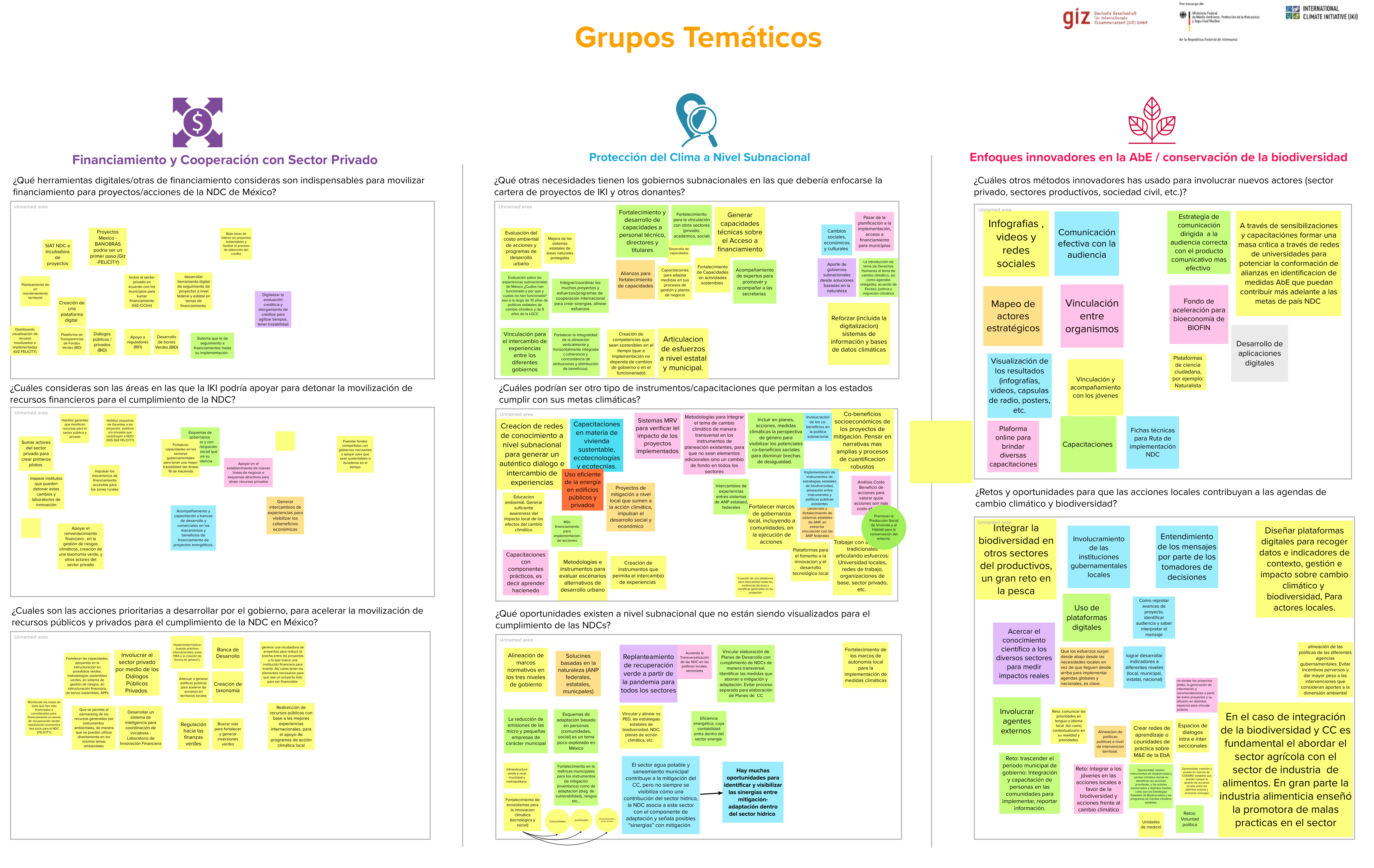The annual exchange workshop for the International Climate Initiative (IKI) was held virtually on Tuesday, April 13. For the fifth consecutive year, the German-Mexican Climate Alliance project, which acts as an interface for IKI projects, invited counterparts from the Mexican government and IKI projects. The event was commissioned by the Germany’s Federal Ministry for the Environment, Nature Conservation and Nuclear Safety (BMU).
With a record number of 186 participants, current issues of climate and biodiversity policy were discussed. The workshop focused on the implementation of the Nationally Determined Contributions (NDCs) and how to reconcile them with biodiversity conservation and the implementation of the Convention on Biological Diversity (CBD).
https://twitter.com/IKI_Mexico/status/1386685120426348548?s=20
At the beginning of the workshop, the BMU highlighted the importance of focusing on the implementation of concrete measures, following the update of the Mexican NDC in December 2020. Dr. Philipp Behrens, Director of the International Climate Initiative Unit of the BMU, and Dr. Vera Rodenhoff, Head of Division International Cooperation on Environment, Energy Cities and Cooperation with the OECD, reiterated that the BMU is supporting Mexico in the implementation of the NDC through the IKI, and that both countries can learn from each other.
Sectoral roadmaps are an important instrument for the Mexican government to promote the implementation of climate measures; they were presented by Dr. Marco Heredia, Director General of Climate Change Policies of the Mexican Ministry of Environment and Natural Resources (SEMARNAT).
The ways in which Mexican partner institutions are implementing Mexico’s climate and biodiversity goals was the central topic of a panel discussion. Participants from various Mexican federal ministries and the Jalisco and Yucatán state environment ministries debated the ways in which the IKI could provide support in the future. There are successful links between mitigation and protection of biodiversity, for example, in the agricultural sector. The project ADAPTUR, which promotes ecosystem-based adaptation (EbA) in the tourism sector, was also highlighted for its scalable approach and cooperation with the private sector. At both national and sub-national levels, capacity building, financing and MRV were identified as challenges requiring more support from the IKI.
In the second part of the workshop, the projects had the opportunity to share their best practices and challenges in thematic groups. Following a brief contribution on successful approaches and tools by selected projects, representatives from more than 25 IKI projects discussed climate finance, sub-national climate change mitigation, and successful EbA and biodiversity conservation approaches.

The large number and variety of stakeholders highlighted just how important and necessary the exchange on the implementation of climate action and biodiversity is in Mexico.
Mexican-German cooperation within the IKI framework remains a key element in the implementation of the NDC and the CBD and can contribute to an ambitious climate and biodiversity policy in Mexico through the 41 IKI projects.
https://twitter.com/IKI_Mexico/status/1386685120426348548?s=20
Access for more details of the Fifth Networking Workshop for Projects of the “International Climate Initiative” in Mexico in the Downloads section.
